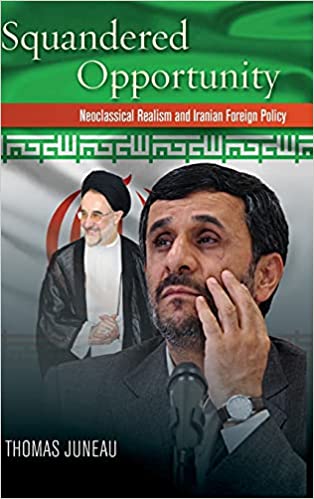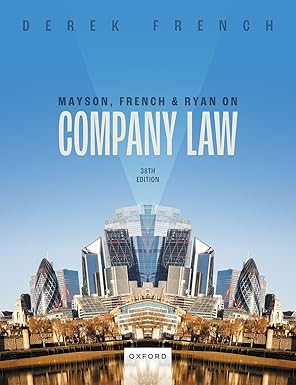The Islamic Republic of Iran faced a favorable strategic environment following the US invasions of Afghanistan in 2001 and Iraq in 2003. Its leadership attempted to exploit this window of opportunity by assertively seeking to expand Iran's interests throughout the Middle East. It fell far short, however, of fulfilling its long-standing ambition of becoming the dominant power in the Persian Gulf and a leading regional power in the broader Middle East.
In Squandered Opportunity, Thomas Juneau develops a variant of neoclassical realism, a theory of foreign policy mistakes, to explore the causes and consequences of Iran's sub-optimal performance. He argues that while rising power drove Iranian assertiveness―as most variants of realism would predict―the peculiar nature of Iran's power and the intervention of specific domestic factors caused Iran's foreign policy to deviate, sometimes significantly, from what would be considered the potential optimal outcomes.
Juneau explains that this sub-optimal foreign policy led to important and negative consequences for the country. Despite some gains, Iran failed to maximize its power, its security and its influence in three crucial areas: the Arab-Israeli conflict; Iraq; and the nuclear program. Juneau also predicts that, as the window of opportunity steadily closes for Iran, its power, security, and influence will likely continue to decline in coming years.
چکیده فارسی
جمهوری اسلامی ایران پس از تهاجمات آمریکا به افغانستان در سال 2001 و عراق در سال 2003 با فضای راهبردی مطلوبی مواجه شد. با این حال، این کشور نتوانست جاه طلبی دیرینه خود را برای تبدیل شدن به قدرت مسلط در خلیج فارس و قدرت منطقه ای پیشرو در خاورمیانه گسترده تر برآورده کند.
در فرصت از دست رفته، توماس جونو گونهای از رئالیسم نئوکلاسیک را توسعه میدهد، نظریهای درباره اشتباهات سیاست خارجی، تا علل و پیامدهای عملکرد غیربهینه ایران را بررسی کند. او استدلال می کند که در حالی که افزایش قدرت باعث قاطعیت ایران شد - همانطور که اکثر انواع رئالیسم پیش بینی می کنند - ماهیت خاص قدرت ایران و مداخله عوامل داخلی خاص باعث شد که سیاست خارجی ایران، گاهی به طور قابل توجهی، از آنچه که نتایج بهینه بالقوه در نظر گرفته می شود، منحرف شود. .
جونو توضیح می دهد که این سیاست خارجی نامناسب به پیامدهای مهم و منفی برای کشور منجر شد. علیرغم برخی دستاوردها، ایران نتوانست قدرت، امنیت و نفوذ خود را در سه حوزه حیاتی به حداکثر برساند: درگیری اعراب و اسرائیل. عراق؛ و برنامه هسته ای جونو همچنین پیشبینی میکند که با بسته شدن روزنه فرصت برای ایران، قدرت، امنیت و نفوذ آن احتمالاً در سالهای آینده کاهش خواهد یافت.
ادامه ...
بستن ...










